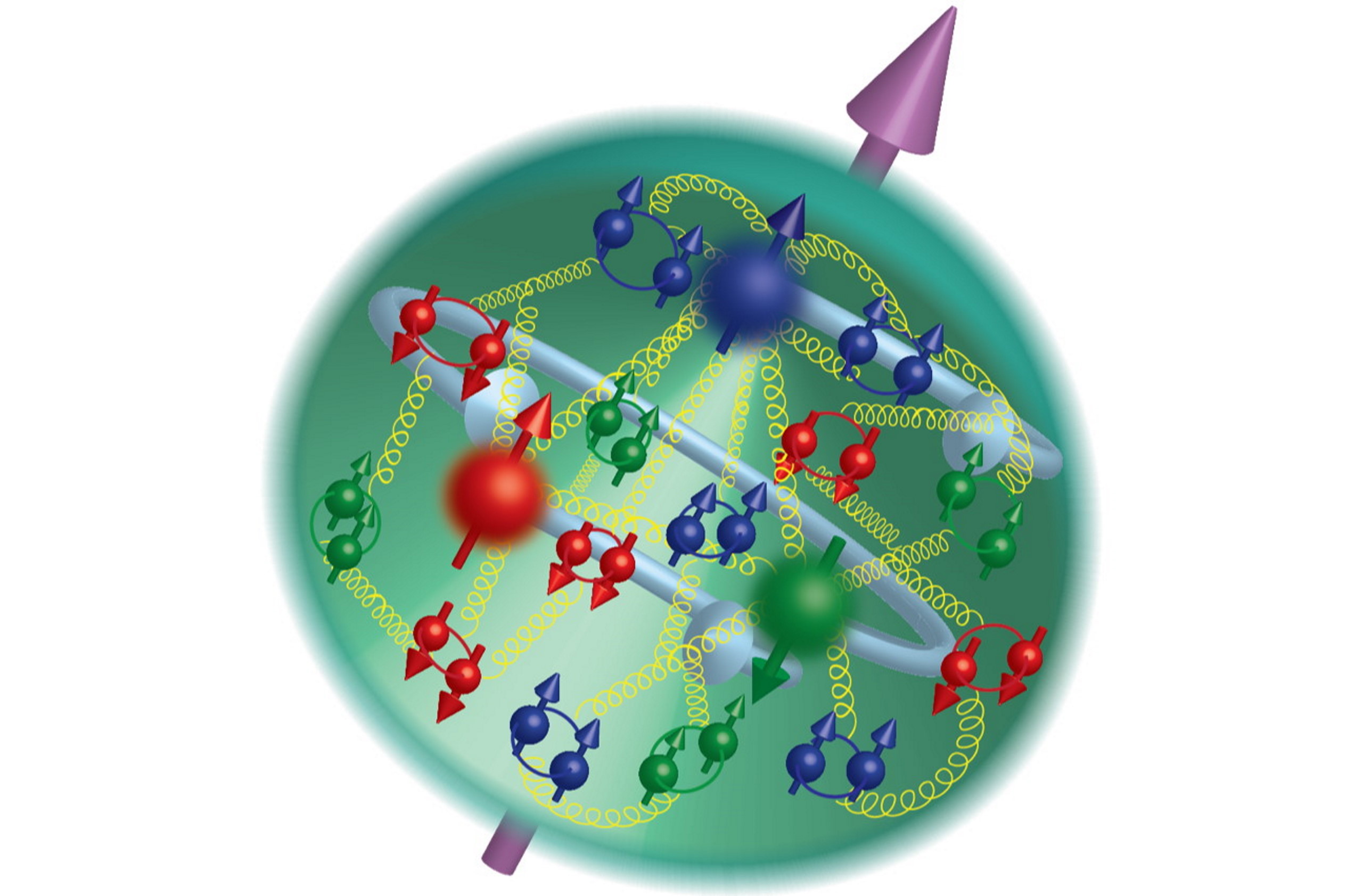Dr. Nathan Lewis, George L. Argyros Professor of Chemistry, has been on the faculty at the California Institute of Technology since 1988 and has served as Professor since 1991. He[…]
Sign up for the Smarter Faster newsletter
A weekly newsletter featuring the biggest ideas from the smartest people
The reason we haven’t innovated enough in energy technology is because energy used to be cheap.
Question: What's causing the bottleneck hampering advances in energy and transportation?
Nate Lewis: So advances in energy technology, I think, is one of the prime areas that is ripe for innovation. The reason we haven’t innovated so much in energy technology is because energy was cheap. Oil in the 1980’s was $8.00 a barrel. So nobody cared, so nobody tried. Now, we’re worried about energy security, we’re all worried at one level or another about national security, we’re worried about environmental security. These things are not going to go away not matter what the price of oil is. And so, we really need to ramp up getting all sorts of smart people trying all sorts of things knowing that only one-tenth of them are going to work, but that’s exactly what we want to do. We want to let the hundred flowers bloom and then pick the few that have the kernels of the right answers that can be scaled and cheap. And this can occur in a variety of areas. It can occur in really cheap solar panels that don’t look like anything we know today.
We shouldn’t have to have people hammer these glass slides up on your roof and make sure they don’t crack. We should have solar panels that you can go to the hardware store and buy a bucket of paint and paint on your roof, or roll out like carpet. Those things actually exist in labs like ours right now. We don’t yet have ways to make them yet so that you can go buy a bucket of them at the hardware store and put it on your roof. But we could do that if we really set our minds to it. We could really find ways to store energy from the sun so as to avoid this issue of intermittency. We could really find ways to deploy much more rapidly and more smartly nuclear power if we decided to go there. We could do all sorts of things with technology. Technology ultimately got us into this mess, and really it’s going to be policy, economics, and a big piece of technology if we’re going to get out way out of it sooner, rather than later.
Question: What should be the responsibility of government when it comes to advancing things like solar cell development?
Nate Lewis: Well, we really have to understand the level of investment that is needed to make a big difference in the enormous business that is the energy business. Right now, if you look at a percentage of revenue going into research and development (R&D), the electric utility industry spends less as a percentage of revenue on R&D then does the dog food industry. So, if you are putting your money where your mouth is, we are literally going to the dogs when it comes to spending on energy innovation.
We have a $1.5 trillion or so energy industry, just in the United States. Most companies will say they have to spend at high-tech companies, 10 percent of revenue on R&D to run fast or die to invent the next generation of computer chips, to invent the next generation of iPods, or iPad, or whatever you’re favorite gizmo is, or to invent the next generation of pharmaceuticals to make antibiotics before the bugs figure it out first and become resistant. If we spent 10% on revenue on R&D in energy, we’d be spending $150 billion every year trying to innovate our way out of the problem before it gets to us.
Now, maybe private industry should bear the burden of two-thirds of that. That leaves about a third, maybe a fifth. But either way you look at the arithmetic, it’s something like $20 or $30 billion a year we should be putting right here, right now into clean energy innovation ideas so that we can get all these smart scientists and engineers and technical people in all the garages and in the Silicon Valleys inventing and failing as well as succeeding, and picking the ones that win so that we can deploy what we have now as well as develop these faster, better, cheaper ways to help us get through this issue in the one time chance that we have to get it done.
Nate Lewis: So advances in energy technology, I think, is one of the prime areas that is ripe for innovation. The reason we haven’t innovated so much in energy technology is because energy was cheap. Oil in the 1980’s was $8.00 a barrel. So nobody cared, so nobody tried. Now, we’re worried about energy security, we’re all worried at one level or another about national security, we’re worried about environmental security. These things are not going to go away not matter what the price of oil is. And so, we really need to ramp up getting all sorts of smart people trying all sorts of things knowing that only one-tenth of them are going to work, but that’s exactly what we want to do. We want to let the hundred flowers bloom and then pick the few that have the kernels of the right answers that can be scaled and cheap. And this can occur in a variety of areas. It can occur in really cheap solar panels that don’t look like anything we know today.
We shouldn’t have to have people hammer these glass slides up on your roof and make sure they don’t crack. We should have solar panels that you can go to the hardware store and buy a bucket of paint and paint on your roof, or roll out like carpet. Those things actually exist in labs like ours right now. We don’t yet have ways to make them yet so that you can go buy a bucket of them at the hardware store and put it on your roof. But we could do that if we really set our minds to it. We could really find ways to store energy from the sun so as to avoid this issue of intermittency. We could really find ways to deploy much more rapidly and more smartly nuclear power if we decided to go there. We could do all sorts of things with technology. Technology ultimately got us into this mess, and really it’s going to be policy, economics, and a big piece of technology if we’re going to get out way out of it sooner, rather than later.
Question: What should be the responsibility of government when it comes to advancing things like solar cell development?
Nate Lewis: Well, we really have to understand the level of investment that is needed to make a big difference in the enormous business that is the energy business. Right now, if you look at a percentage of revenue going into research and development (R&D), the electric utility industry spends less as a percentage of revenue on R&D then does the dog food industry. So, if you are putting your money where your mouth is, we are literally going to the dogs when it comes to spending on energy innovation.
We have a $1.5 trillion or so energy industry, just in the United States. Most companies will say they have to spend at high-tech companies, 10 percent of revenue on R&D to run fast or die to invent the next generation of computer chips, to invent the next generation of iPods, or iPad, or whatever you’re favorite gizmo is, or to invent the next generation of pharmaceuticals to make antibiotics before the bugs figure it out first and become resistant. If we spent 10% on revenue on R&D in energy, we’d be spending $150 billion every year trying to innovate our way out of the problem before it gets to us.
Now, maybe private industry should bear the burden of two-thirds of that. That leaves about a third, maybe a fifth. But either way you look at the arithmetic, it’s something like $20 or $30 billion a year we should be putting right here, right now into clean energy innovation ideas so that we can get all these smart scientists and engineers and technical people in all the garages and in the Silicon Valleys inventing and failing as well as succeeding, and picking the ones that win so that we can deploy what we have now as well as develop these faster, better, cheaper ways to help us get through this issue in the one time chance that we have to get it done.
Recorded on February 3, 2010
▸
8 min
—
with





